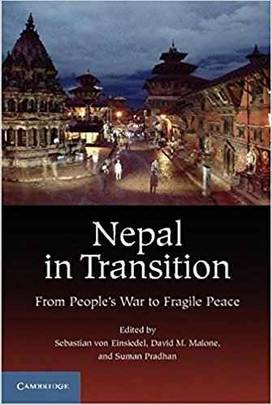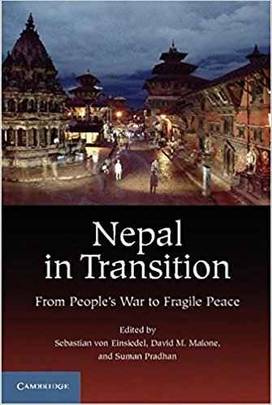
Nepal in Transition From People's War to Fragile Peace
Nepal in Transition From People's War to Fragile Peace
Paperback
Delivery in 1-3 days
'Six years ago, the overthrow of the Nepalese monarchy and a negotiated peace brought the self-declared (but not Chinese-endorsed) Maoist insurgents into government in Nepal. Today, the country is stuck. The parties are deadlocked, the police and the courts are ineffective, and the bureaucracy is corrupt. Despite an agreement to merge forces, the army and the insurgents sit in separate camps, poised to resume fighting. A promised new constitution is overdue. The rural poverty, bonded-labor practices, and social and political exclusion of ethnic and caste minorities that sparked the insurgency remain unaddressed. Some benefit was gained from international aid efforts and two now-terminated UN missions, one focused on human rights and the other on peace monitoring - but not enough to create momentum. Nepal's giant neighbors, China and India, contend for strategic position with little concern for Nepal's complex internal problems. The book's deeply informed contributors from the diplomatic, nongovernmental organization, academic, and journalistic worlds look hard for rays of hope, but they find few.' Foreign Affairs
'Although a considerable time is required to alter dynamics of Nepali politics and to achieve sustainability in peace processes, this volume provides an in-depth assessment of Nepal's transition and present it as a valuable case study for those countries undergoing a similar transition. The subject matter is very impressive and beneficial for both academics and practitioners.' Padmini Tomer, Academic Council on the United Nations System.
All Editions

Share Your Thoughts
Your review helps others make informed decisions
Click on a star to start your review